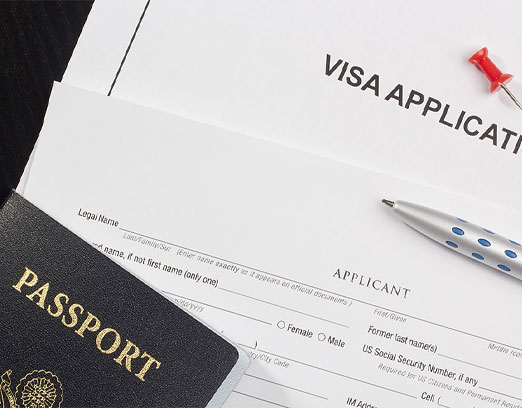Travel Restrictions Preventing Several Indian Nationals from Returning to India
The Government of India issued a travel advisory on March 23, 2020 stating that no international commercial passenger aircraft would be allowed to land and disembark its passengers including Indian nationals in India. Therefore, Indian nationals abroad were unable to return to the country. This travel restriction was extended until April 14, 2020 and then… Read more »

